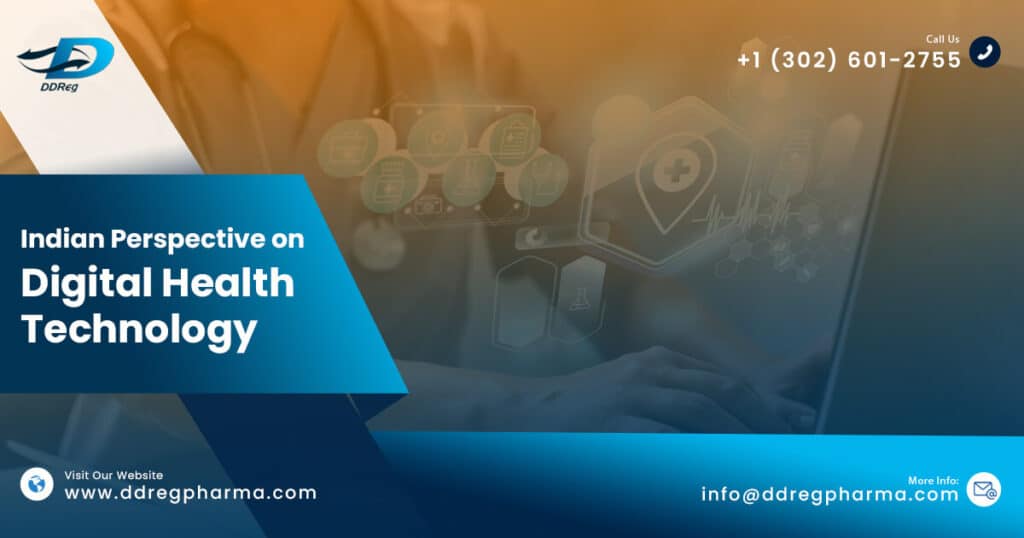Digital health technology has gained significant momentum in India, revolutionizing healthcare delivery and improving accessibility and efficiency. It acts as a fundamental support for providing value-based care throughout the healthcare system. Various digital health technologies, including telemedicine and health monitoring apps, are transforming the healthcare landscape in India.
The Indian Prime Minister introduced the National Digital Health Mission (NDHM), now known as the Ayushman Bharat Digital Mission, on 15 August 2020. While the initiative has gained momentum, there is still much to learn and develop. In 2021, the worth of the digital healthcare industry in India was INR 524.97 billion. Based on projections, the industry is anticipated to grow at a compound annual rate of 28.50% between 2022 and 2027 and reach a value of INR 2,528.69 billion by 2027.
Surveys conducted in August 2022 revealed that Indian consumers significantly increased their usage of telemedicine and health and wellness apps during the COVID-19 pandemic. The utilization of telemedicine for physical health experienced a 22% rise, whereas 33% of participants began using telemedicine specifically for mental health purposes. Additionally, 21% of respondents began using wellness apps, with 40% reporting increased usage during the pandemic.
The COVID-19 pandemic has expedited the adoption of digital health in India, paving the way for remote and patient-centric care through telemedicine. However, there is still untapped potential for digital healthcare to address issues of health quality, affordability, and accessibility in smaller cities and rural areas of the country. Healthcare companies are eager to embrace emerging trends and innovation, capturing consumer interest and Enabling business strategies propelled by technology. As digital innovation in healthcare continues to accelerate, it presents significant opportunities for healthcare companies and medical device manufacturers in India.
India is on the brink of a ‘digital health’ revolution, similar to many other markets worldwide. Adaptive intelligent solutions can significantly lower barriers between hospitals and patients, improve access to care, and enhance overall patient satisfaction, particularly in tier II and III cities. The healthcare system in India is undergoing a positive transformation as a result of the emergence of new health technologies including wearable tech, genomics, robotics, telemedicine, virtual reality (VR), and artificial intelligence (AI). These technologies are restructuring the healthcare landscape in India, leading to significant improvements.
Key initiatives include telemedicine, electronic health records (EHRs), mHealth, digital health marketplaces, and the usage of artificial intelligence (AI) in digital healthcare. Various institutions and companies are actively involved in digital health initiatives, and the Indian government supports digital health through schemes like Digital India, e-Health & Telemedicine, Ayushman Bharat Digital Mission (ABDM), National Digital Health Mission (NDHM), and National Health Stack (NHS). Despite progress, challenges such as privacy and security measures, infrastructure investment, and healthcare provider training need to be addressed.
As regulatory consultants, we specialize in helping healthcare organizations comply with the rapidly evolving digital health landscape in India. We offer guidance and support to navigate complex regulatory requirements, ensuring adherence to laws and regulations. Our expertise encompasses licensing requirements, data privacy regulations, and quality standards. We help organizations adapt and manage risks effectively by staying informed about regulatory changes. Our goal is to facilitate innovation while prioritizing patient safety and regulatory compliance. With our assistance, healthcare organizations can successfully implement digital health technologies, enhance healthcare delivery, and achieve their value-based care objectives.

